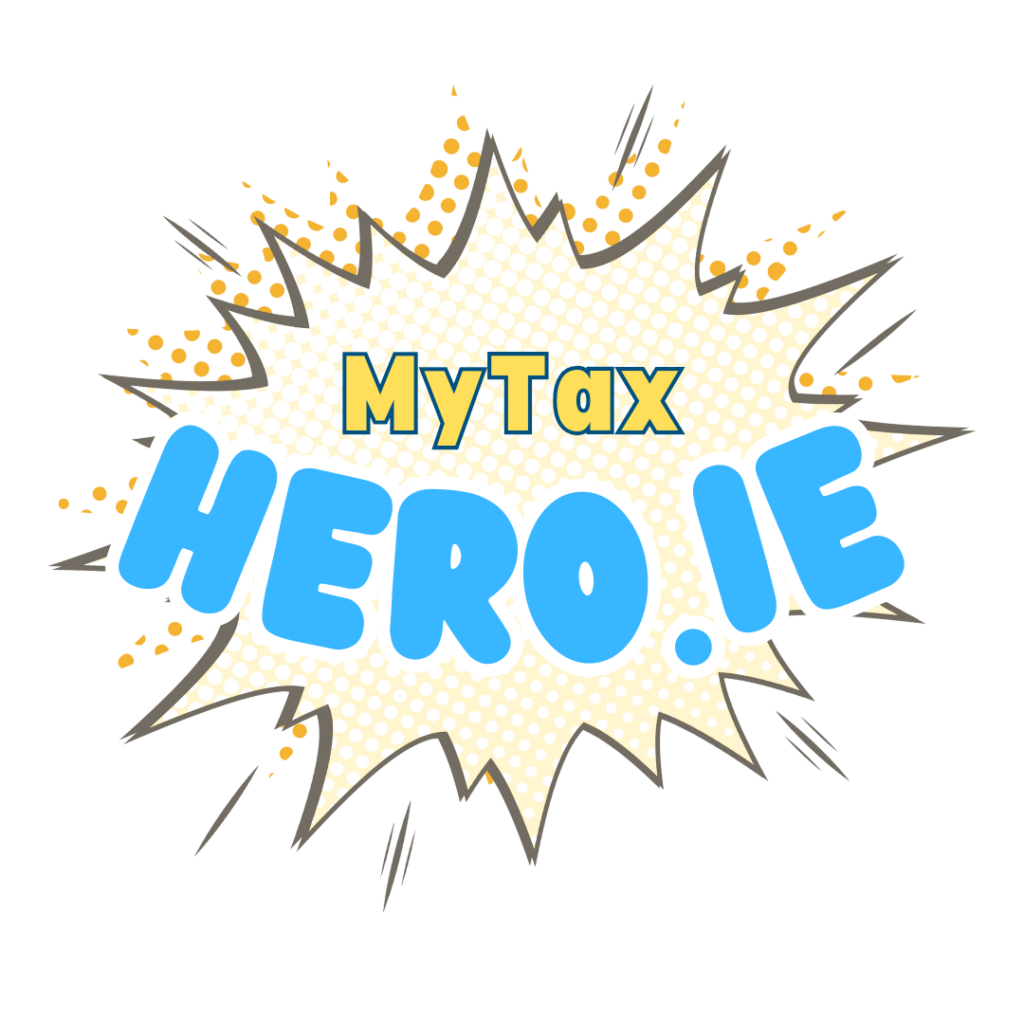
DISCLAIMER: This information is a summary only and is not intended to constitute tax advice. For tax advice consult a Tax Advisor only.
Emergency tax guide!
Welcome to Ireland! As you embark on your new job and settle into this beautiful country, there’s an important aspect of your finances you need to understand: emergency tax. At MyTaxHero.ie, we want to ensure you’re well-informed and can navigate your taxes with ease. Here’s a simple guide to help you grasp the concept of emergency tax and how it affects you.
What is Emergency Tax?
Emergency tax is a higher rate of tax that may be applied to your income if your employer doesn’t have the necessary tax information to calculate your standard tax deductions. This situation can arise if you’ve just started a new job and haven’t yet provided your employer with your Personal Public Service Number (PPSN) or if you haven’t completed the required tax forms.
Why Does Emergency Tax Exist?
Emergency tax is a temporary measure designed to ensure that the correct amount of tax is eventually paid. It acts as a safeguard for the government, ensuring that individuals pay their due taxes until their correct tax details are established. While it can seem a bit daunting, don’t worry—it’s usually a straightforward issue to resolve.
How Does It Affect Your Pay?
When you’re on emergency tax, your take-home pay might be lower than expected because you’re being taxed at a higher rate. Instead of your regular tax credits and rate bands being applied, emergency tax rates are used, which are less favorable. This means more money is withheld from your paycheck initially, but it’s important to know that this is only temporary.
Steps to Avoid or Resolve Emergency Tax
- Get Your PPSN: Ensure you have your Personal Public Service Number (PPSN). This unique identifier is crucial for all your tax and social welfare activities in Ireland. If you don’t have one, apply for it as soon as possible.
- Register with Revenue: Use the Revenue Online Service (ROS) to register your employment. This involves declaring your new job so the tax authorities can allocate your tax credits correctly.
- Complete Form 12A: If you’re starting your first job in Ireland, you might need to complete a Form 12A (Application for a Certificate of Tax Credits and Standard Rate Cut-Off Point).
- Provide Details to Your Employer: Once you have your PPSN and have registered with Revenue, give your employer these details. They’ll use this information to request your tax credits and standard rate band from Revenue.
- Check Your Pay Slips: Keep an eye on your pay slips to ensure that emergency tax is no longer being applied. Once your correct tax details are in place, any overpaid tax should be refunded in subsequent paychecks.
Conclusion
Emergency tax can be an unexpected hurdle for new workers in Ireland, but understanding it and taking the right steps can help you avoid or quickly resolve it. At MyTaxHero.ie, we’re here to assist you with any tax-related queries and ensure your transition to the Irish tax system is as smooth as possible. Remember, if you ever find yourself confused or in need of help, don’t hesitate to reach out to our team.
Welcome to Ireland, and happy working!
